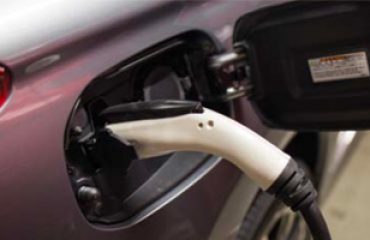Australia may mirror European electric vehicle (EV) fleet developments with urban uses, such as recycling collection, at the forefront initially.
Waste management company Suez is to trial an EV with high Australian content with Western Australia’s City of Belmont for just such a task expects other customers to demand the same.
City governments, particularly in northern Europe, have pressured truck manufacturers’ customers to use quiet and emissionless work vehicles for urban and suburban tasks, such as waste collection and goods delivery.
The move is in a direction forged by South Australia’s East Waste and New Zealand by contractor Waste Management NZ.
Read about the East Waste electric truck effort, here
Suez state general manager WA Craig Barker states that the EV truck is the first of its kind for the company in WA and will be a “showcase for the future of waste collection”.
“Suez is always looking for new ways to deliver services to customers,” Barker says.
“This new generation of waste collection vehicle is only now becoming available here, and we are keen to test this proven technology for our Belmont customers ahead of wider demand from our other council customers.”
The electric truck features an Iveco cab chassis fitted with an electric powered drive train fitted by SEA Electric in a SuperiorPak body.
The 230kWh battery provides more than 200km driving range before recharge, which only requires a simple 32-amp, three-phase outlet.
The side-loader will save about 35,000 litres of diesel a year, avoiding around 90 tonnes of carbon emissions annually.
“Reducing carbon emissions is a key element of our City’s environment and sustainability strategy, and innovation in waste management is an important part of this,” City of Belmont CEO John Christie says.
“We are delighted that Suez’s new zero emissions truck will lead our recycling collections and look forward to seeing it out servicing the community while minimising our environmental impact.
“The new EV truck will be collecting recycling from around the City of Belmont.”
Suez notes that, in addition to generating zero emissions and fuel saving, the EV saves on AdBlue costs, has minimal oil changes and significantly reduced maintenance.
“Improved braking also means brake pads only need to be replaced every two years, compared to quarterly changes in traditional diesel-powered side-lift trucks,” Barker says. READ MORE
Article by Australasian Transport News (ATN), fullyloaded.com.au, 27 March 2019




